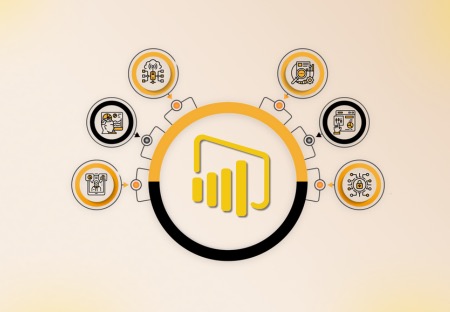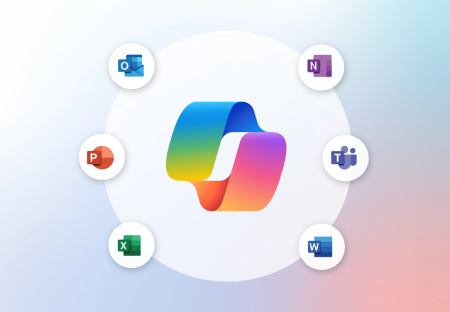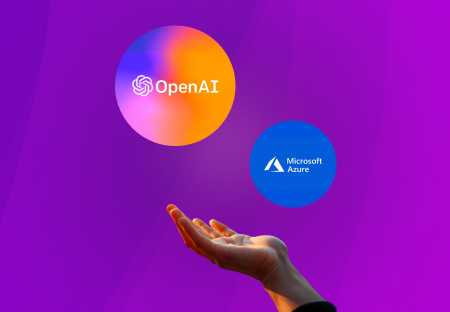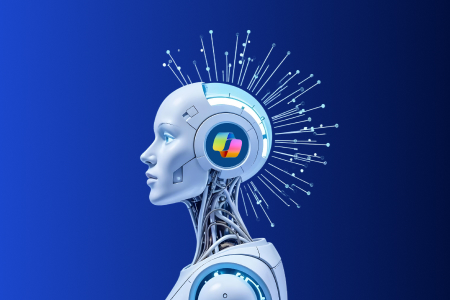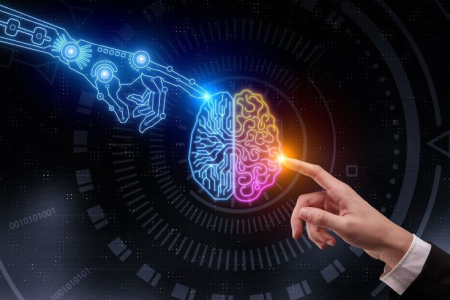Artificial Intelligence (AI) is reshaping the business landscape by automating processes and delivering precise, data-driven insights. AI is enhancing its capabilities to go beyond just automation; it enhances decision-making processes by reducing human errors and offering real-time analysis. Companies that incorporate AI into their decision-making systems are not only improving efficiency but are also positioning themselves for future growth.
Why AI Matters in Business Decision-Making
Businesses today deal with vast amounts of data, making manual analysis inefficient and prone to mistakes. AI tools analyze this data quickly and efficiently, delivering actionable insights to support decision-makers.
AI-Driven Data Analysis for Better Decisions
One of the primary roles of AI in decision-making is the use of predictive analytics. AI processes large datasets, detects patterns, and makes predictions that can guide strategy. For example, an AI tool in the retail sector can analyze customer behavior data to forecast sales trends and suggest stock levels.
Example: Walmart’s Use of AI for Inventory Management
Walmart uses AI to predict inventory requirements based on past data and real-time trends. This enables the company to make informed decisions about stock levels, reducing waste and maximizing efficiency.
AI and Human Collaboration for Optimal Decisions
While AI can crunch numbers, human intuition still plays a crucial role. AI doesn’t replace humans; it augments their abilities. By combining AI-driven insights with human experience, businesses can make more comprehensive and informed decisions.
Automating Repetitive Tasks to Focus on Strategic Decisions
AI excels at automating routine tasks. This allows decision-makers to spend less time on data collection and more time on strategy and innovation.
Example: AI in Financial Forecasting
AI-based forecasting tools in finance can automatically analyze market trends and past financial data to project future earnings, freeing analysts to focus on critical strategic decisions.
The Role of AI in Risk Management
Managing risks effectively is crucial for any business. AI tools can identify potential risks by analyzing large datasets and spotting anomalies that humans might miss.
AI in Fraud Detection and Prevention
In the banking and finance sector, AI models have been implemented to detect fraudulent activity in real-time. By continuously monitoring transactions and flagging suspicious patterns, AI ensures a higher degree of accuracy in risk management.
Example: PayPal’s AI-Enhanced Fraud Detection System
PayPal uses AI to monitor millions of transactions each day. The system identifies unusual activity patterns and flags them for investigation, reducing fraud rates and enhancing user trust.
AI and Real-Time Decision Making
The fast pace of modern business often requires quick decision-making. AI systems offer real-time data analysis, ensuring that businesses can respond to market changes, customer feedback, or supply chain issues immediately.
AI in Supply Chain Optimization
Supply chain management benefits immensely from AI’s ability to process real-time data, predict potential disruptions, and suggest alternate routes or suppliers.
Example: Amazon’s AI-Driven Supply Chain
Amazon employs AI to monitor their massive supply chain operations, predicting disruptions before they occur and suggesting proactive measures. This allows them to manage shipping and inventory more efficiently, giving them a competitive edge.
Conclusion
AI is transforming decision-making across industries by providing businesses with data-driven insights, automating routine tasks, and mitigating risks. Companies that leverage AI effectively are not only enhancing their decision-making but are also gaining a competitive advantage. As AI technology continues to evolve, its impact on business decisions will only grow, making it essential for organizations to integrate AI into their operational processes.
Ready to enhance your business decisions with AI? Discover how our AI-driven solutions can revolutionize your decision-making process. [Contact Us] today for a consultation!




